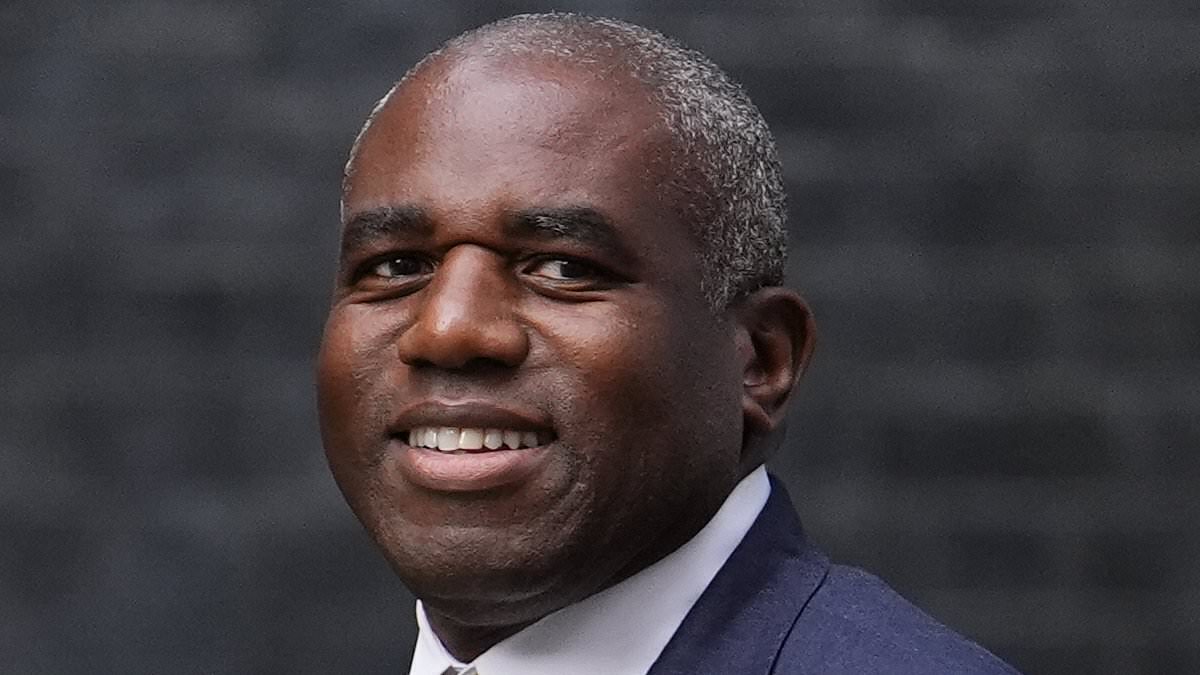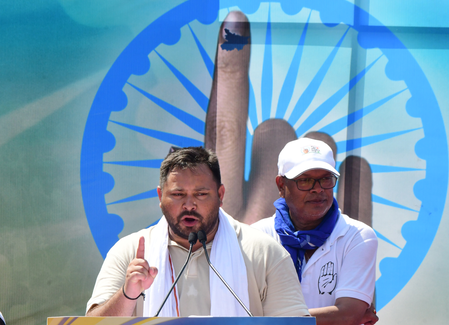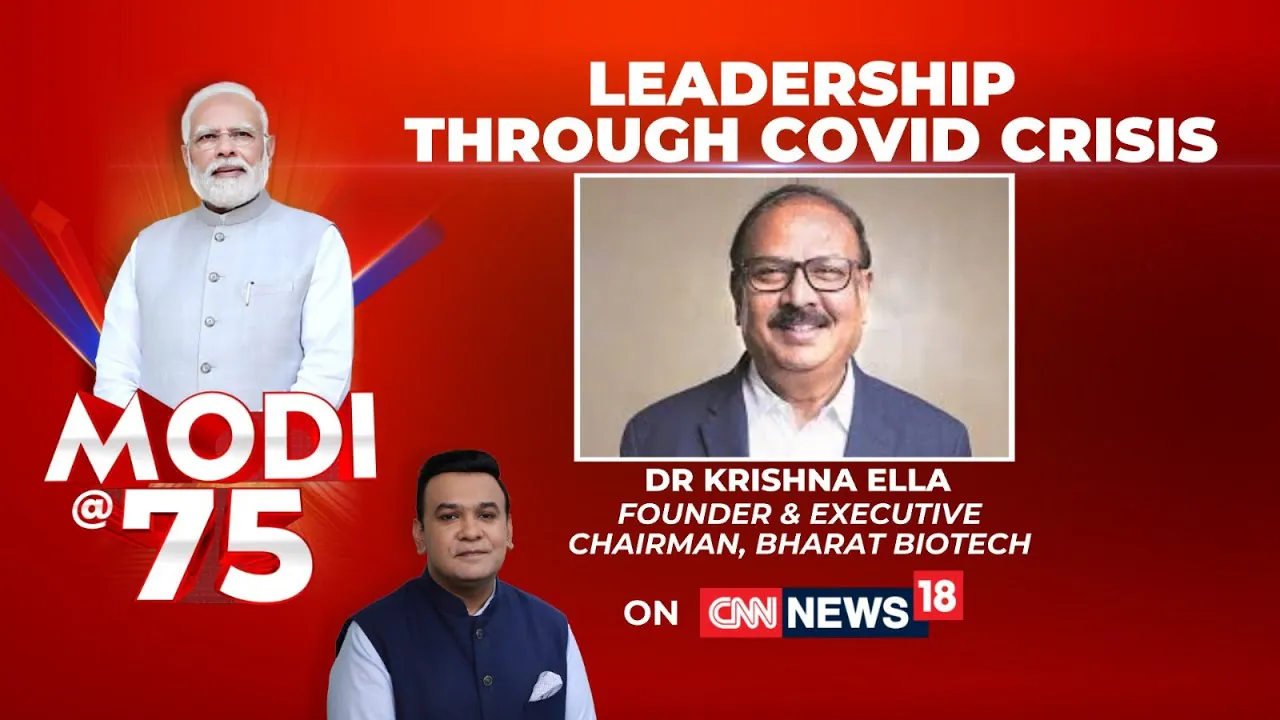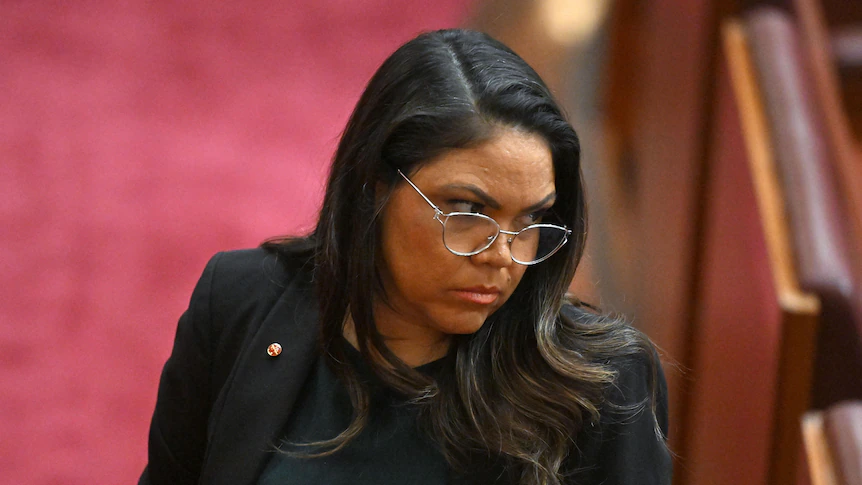OPINION – This Trump visit is a masterclass in how to do pageantry and how not to do business
By Ross Kempsell
Copyright standard
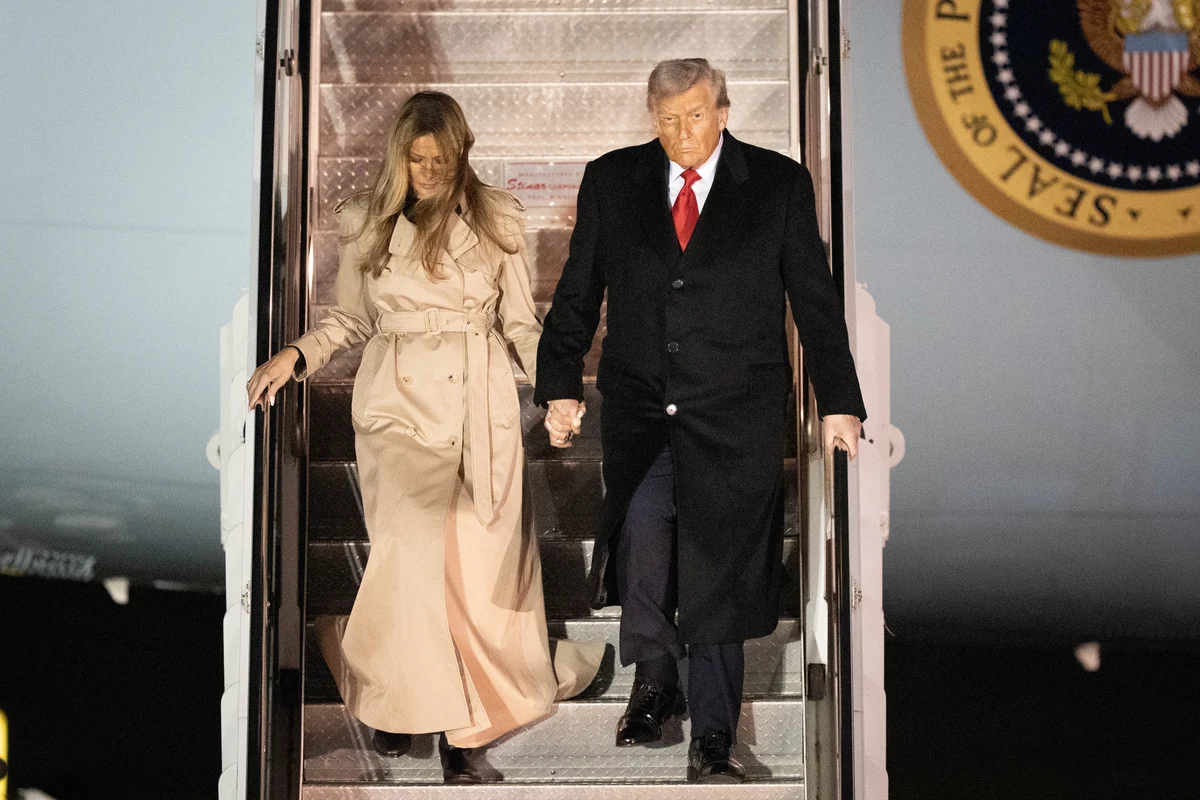
I’ve been in the same room as President Trump on a number of occasions but I first had a proper meeting with him at the Republican convention in Milwaukee before his reelection. Days earlier, a gunman had tried to take his life. Upon entering his hotel suite, the first thing I noticed about him is that he is physically very imposing – his Presidential medical report puts his height at six foot three, and despite the conspiracy theories of his detractors, there should be no doubt he is indeed at least that tall. In the 45 minutes or so I had in his company, everything he did – whether standing by the window (covered with bulletproof screens) or sitting in a standard issue hotel room armchair – was a curious combination of avuncular and gently imposing. In private, I found him extremely funny – and very warm to the Brits.
That’s why I am so frustrated about this State Visit: I know what could be achieved if the political cycles were in sync between London and DC. I am not for one moment attacking the ceremonial aspects – it is a genuinely unusual honour that the President will be the only occupant of the Oval Office to have been invited for a State Visit twice (usually Presidents receive one during their first term only). The diplomatic niceties are performative but without doubt have their place – they will be executed perfectly by our Armed Forces and civil service – and in that we can find pride. But what of the tangible outcomes that will enrich the British people?
President Trump flies into an economy where growth forecasts have been revised down to 1.2% for this year by the IMF. The UK will be lucky to hit that. Unemployment is up to 4.7% (in July) – the highest it has been in four years. Inflation has spiked again to 3.8% over the summer, well above the Bank of England’s target. Meanwhile the US economy had GDP growth of 3.3% in the second quarter (the UK’s was 0.3%). The S&P 500 keeps notching all time highs – it feels like US stocks surge every week. In short, the fundamental difference between our two countries is not really political – it’s that the US economy is robustly expanding and inflation is much more tightly under control.
And here’s the kicker: Mississippi, consistently ranked as the poorest state in the USA , with the lowest household income and highest rates of poverty – however you measure it – has a higher GDP per capita than the UK. By any objective measure in the US, Mississippi is a noticeably poor state – with many of the worst indicators in terms of child poverty, food insecurity, low life expectancy and obesity – and yet it outstrips the UK in average living standards as measured by GDP per capita.
Of all the countries in the world with which we could enjoy a ‘special relationship’, we happen through some miracle of history to do so with the most stupendously wealthy country in the world. I have heard President Trump give detailed expositions on how fond he is of the United Kingdom. So why has the government only got the ‘Tech Prosperity Deal’ announced so far? There are serious moves here by Microsoft, Google, CoreWeave, Salesforce and Nvidia – all extremely welcome and badly needed by the UK economy. Increased cooperation on nuclear, quantum technologies and AI is beneficial for both countries and the obvious thing to do (there’s plenty that will find its way outside London, too). But with such a literally huge figure in the White House, historically and politically, it feels like a lack of ambition by Downing Street. You could deliver hundreds of billions of deals during this visit – it should be the investment visit to end all investment visits. When Trump visited the Gulf in May, he struck $2 trillion worth of deals. As for Starmer, he has failed to deliver the promised steel tariffs agreement much touted before this week.
We have a Prime Minister and Cabinet who are extensively on the record throwing cheap jibes at President Trump. Don’t think this isn’t known by the President and the people around him. We have a free speech crisis in Britain, which exercises the US tech community regardless of their personal politics (when Democrat-voting tech bros are starting to fret about the UK’s political climate, you know something has gone badly awry). We have a Downing Street machine that is in freefall: the key broker of the relationship, Lord Mandelson – announced to huge fanfare by Labour and much of the media – has had to be sacked by Starmer and is now in a bitter briefing war with the Prime Minister via his proxies. Pretty much the only politically astute aide left in Starmer’s team, Morgan McSweeney, hangs on to his Downing Street desk by his fingertips. One of his most capable deputies quit in a factional hit job from the far left. Oh, and the Deputy Prime Minister just resigned.
It’s not exactly a case of “the grown ups back in charge”. And the political turmoil in the weeks leading up to this State Visit – so different from the Government’s tone when the visit was announced back in February – have done serious damage to the potential outcomes. As the President himself said of King Charles and Queen Camilla when he boarded Air Force One to fly to the UK: “they’re [sic] friends of mine for a long time, since before he was King”. That is exactly what this visit is about for the American delegation: a display of royal pageantry and ceremony, and the UK Government is throwing the kitchen sink at that, even deploying Windsor – a point noted by Trump. Starmer did not get a mention in his remarks, nor did the potential political and economic outcomes. Without the Royal Family we would have nothing – but the political outcomes from this visit could be so much greater.
Ross Kempsell is a Conservative peer
